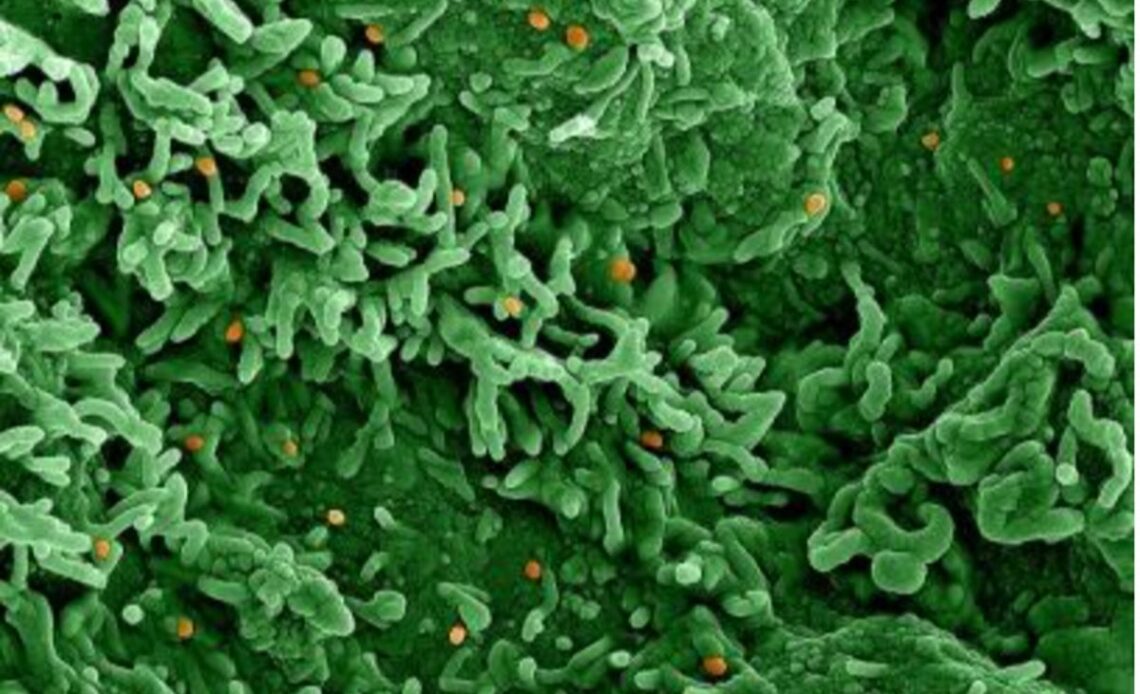The World Health Organisation (WHO) has declared monkeypox a global health emergency and issued some travel recommendations for people who may be infected.
These are the key questions and answers.
What is monkeypox?
A rare infection most commonly found in west and central Africa, but currently spreading worldwide – with an estimated 16,000 cases. It was first discovered among colonies of monkeys in 1958.
“The first human case of monkeypox was recorded in 1970 in the Democratic Republic of the Congo,” says the US National Institute of Allergy and Infectious Diseases.
“The disease is endemic in central and western Africa, and infections linked to international travel or imported animals have occurred in Israel, Singapore, the United Kingdom, and the United States.”
The NHS says: “Monkeypox is usually mild and most people recover within a few weeks without treatment.
“But, if your symptoms are more severe and you become unwell, you may need treatment in hospital.”
The first symptoms of monkeypox usually appear between five days and three weeks after infection. They include:
- high temperature
- headache
- muscle aches
- backache
- swollen glands
- shivering (chills)
- exhaustion
Between one and five days after the initial symptoms, a rash usually appears – often on the face, then spreading to other parts of the body, including the genitals and anus.
The NHS says: “The rash is sometimes confused with chickenpox. It starts as raised spots, which turn into small blisters filled with fluid.
“These blisters eventually form scabs which later fall off.”
Could I end up in hospital?
“Monkeypox is usually mild,” says the NHS. “Most people recover within a few weeks without treatment.
“But, if your symptoms are more severe and you become unwell, you may need treatment in hospital.”
The likelihood of needing treatment in hospital is highest for:
- older people
- young children
- people with a condition or who are taking a medicine that affects their immune system
Symptoms usually clear up within a few weeks. While carriers are symptomatic, they can pass monkeypox on to other people.
How can I avoid catching monkeypox?
The NHS recommends the following:
- wash your hands with soap and water regularly or use an alcohol-based hand sanitiser
- talk to sexual partners about their sexual health and any symptoms they may have
- be aware of the symptoms of monkeypox if you are sexually active, especially if you have new sexual partners
- take a break from sex and intimate contact if you have symptoms…
Click Here to Read the Full Original Article at The Independent Travel…
